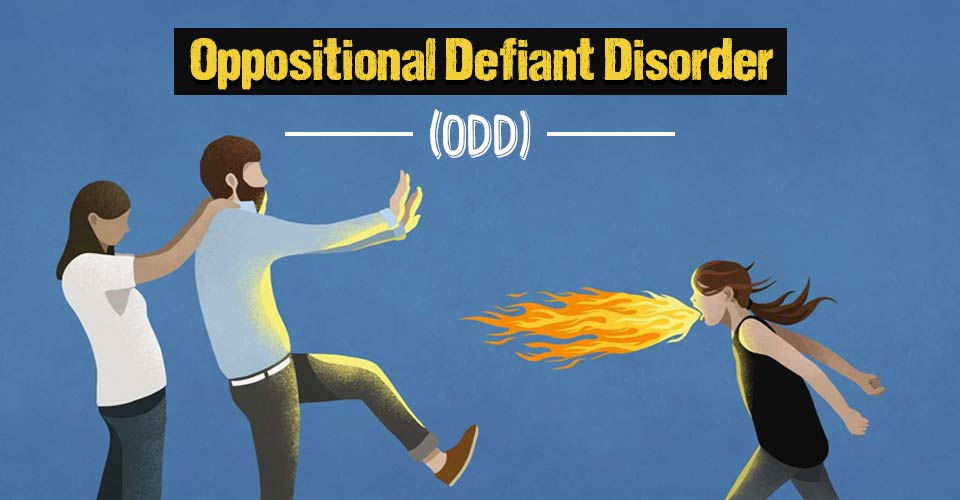Oppositional Defiant Disorder (ODD) is a childhood behavioral disorder characterized by a pattern of hostile, disobedient, and defiant behavior toward authority figures. While occasional defiance is normal in children, persistent and disruptive behavior may indicate underlying ODD. Let’s delve into the intricacies of ODD, examining its symptoms, underlying causes, and available treatment options.
Symptoms of Oppositional Defiant Disorder:
Common symptoms of ODD include frequent temper tantrums, arguing with adults, refusal to comply with rules or requests, deliberately annoying others, and blaming others for mistakes or misbehavior. Children with ODD may exhibit angry outbursts, resentment, and vindictiveness, which can impair relationships at home, school, and social settings.
Causes of Oppositional Defiant Disorder:
The exact cause of ODD is not fully understood, but a combination of genetic, environmental, and developmental factors may contribute to its onset. Genetic predisposition, temperament, and family dynamics may increase the risk of developing ODD. Environmental stressors such as trauma, inconsistent discipline, or family conflict can also influence the development of oppositional behaviors.
Impact on Daily Functioning:
ODD can significantly impact a child’s daily functioning and quality of life. Children with ODD may experience difficulties in academic achievement, social interactions, and emotional regulation. Persistent defiance and hostility can strain relationships with parents, siblings, teachers, and peers, leading to increased conflict and stress within the family and school environments.
Diagnosis and Treatment:
Diagnosing ODD involves a comprehensive evaluation by a healthcare professional, including a review of symptoms, medical history, and behavioral assessments. Treatment for ODD typically involves a combination of behavioral therapy, parent training, and school-based interventions aimed at teaching children adaptive coping skills, communication strategies, and conflict resolution techniques. In some cases, medication may be prescribed to manage coexisting symptoms such as ADHD or mood disorders.
Coping Strategies for Families:
Families of children with ODD can benefit from implementing consistent and structured routines, clear rules and consequences, and positive reinforcement for desirable behaviors. Establishing open communication, active listening, and empathy within the family can help foster understanding and collaboration in managing ODD. Additionally, seeking support from mental health professionals, support groups, and educational resources can provide valuable guidance and encouragement for families navigating ODD.
Conclusion:
Oppositional Defiant Disorder is a challenging behavioral disorder that requires comprehensive assessment and intervention. By understanding its symptoms, recognizing potential triggers, and implementing effective coping strategies, families affected by ODD can foster positive behavioral changes and improve overall family functioning. With patience, consistency, and support from healthcare professionals and loved ones, children with ODD can thrive and develop healthy relationships and coping skills.
Source – Mayo Clinic



